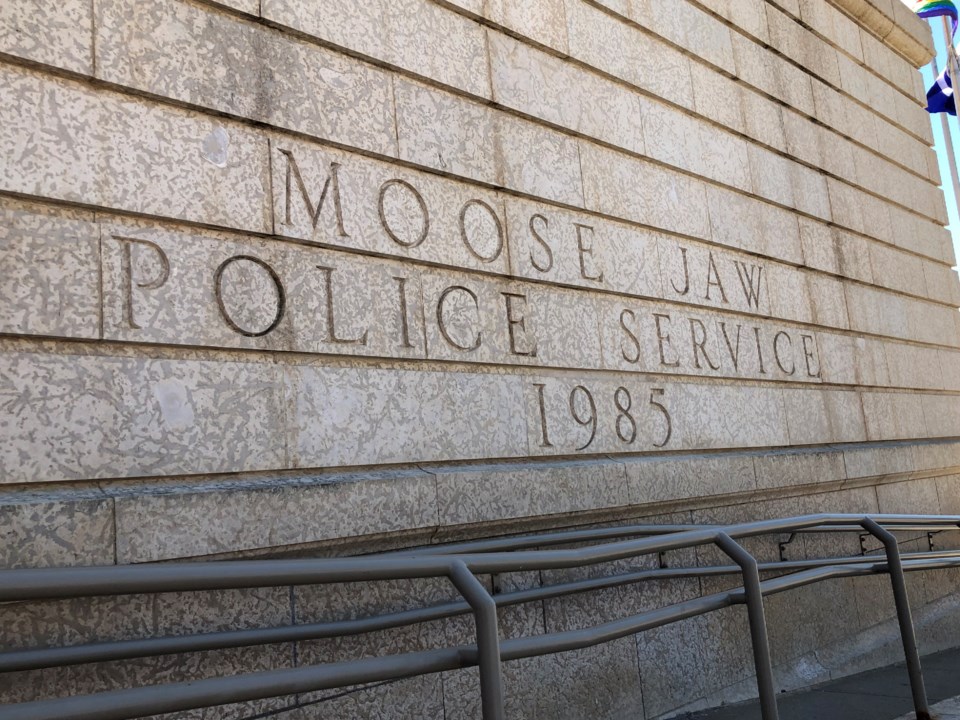Homelessness is a growing issue in Moose Jaw and the police service wants to find a solution to ensure people can receive support while public safety is maintained.
The Moose Jaw Police Service (MJPS) sometimes responds to calls about people who live outside, whether in a tent in the park or unsheltered, said Chief Rick Bourassa. When the police deal with such people, the concern becomes whether resources are available to help them.
There is no good process yet to address this even though the police service regularly works with local organizations such as the Ministry of Social Services, he continued.
“We do need some better (housing) facilities in the city … . It’s one thing for us to go and respond and remove the person from the situation,” Bourassa remarked. “But now, what do we do with the individual? They’re human beings. They need to have resources.”
Community safety and homelessness were part of a broader discussion about the police service’s proposed 2023 budget, which was presented during the Oct. 19 Board of Police Commissioners meeting.
Last winter was “cold (and) nasty,” while many people who lived outside usually had nowhere to go, the chief said. The police service let people sleep in the lobby during some of the worst nights; four people are already sleeping there — and winter hasn’t set in.
“We recognize (that) if this winter is the cold one as it’s being predicted, we are not the right place to provide those services,” Bourassa added. “We will do it in crisis situations, but there has to be a better capability in our community.”
In searching for a resolution, it’s important to look at the situation with an open mind and ask whether people are actually homeless, said Supt. Devon Oleniuk. Conversations with community partners have determined that some individuals have been disrespectful to shelter-type locations and are not allowed back.
The police and other partners must dig for the root causes of problems and not rely on stereotypical responses when determining what is happening, he continued. These community groups must also speak with street people to find an adequate solution.
The MJPS has a unique resource in the Police and Crisis Team (PACT) unit, which comprises a police officer and health-care worker who support people with mental health or addiction struggles, Oleniuk said.
The problem is that unit can’t do its job properly if people have no place to live, he continued. Furthermore, it must determine whether it is helping people address their issues or creating more problems.
“We are the last line in the funnel here (and) soak up everything around us,” said Oleniuk. “When all other doors close at 5 p.m. … we’re 24 hours, and we wipe up a lot of other people’s messes that come our way.”
Social Services usually provides after-hours help to homeless people by providing hotel rooms, but the problem is some people damage and destroy the room, he pointed out. The hotel then forbids those people from returning; most hotels have banned the same people, leaving the ministry in a bind.
“Somehow we have to allow people independence, but they also have to be responsible for themselves … . Once we enable this behaviour, it will continue … ,” added Oleniuk. “It is a social issue, not a police issue.”
The police chief agreed, saying, “We have made this commitment … if people find themselves in great need, we will help. We will not allow harm to happen.”
The next police board meeting is Thursday, Nov. 10.




